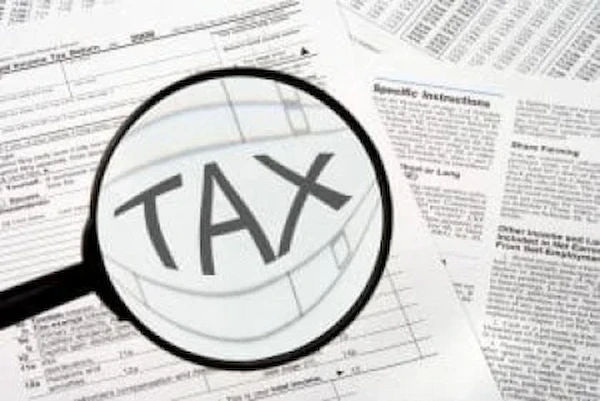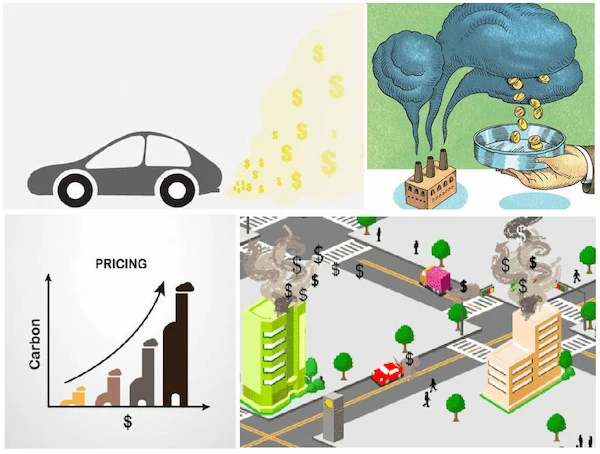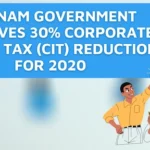As a rapidly growing digital economy, Vietnam is taking steps to ensure fair taxation of online businesses and transactions. The Vietnamese government has introduced new digital tax regulations that will impact companies operating in the digital space. At Jobinvietnam.net, we aim to keep you informed about the latest developments that affect businesses and workers in Vietnam. Let’s dive into the details of Vietnam’s digital tax policies.

What is Digital Tax?
Digital tax refers to the taxation of revenue generated from digital products, services, and transactions. This includes:
- E-commerce sales
- Online advertising
- Digital content subscriptions
- Cloud computing services
- Data processing and storage
With the explosive growth of the digital economy, governments worldwide are updating their tax codes to capture revenue from this sector. Vietnam is no exception.
Vietnam’s New Digital Tax Regulations
In June 2022, Vietnam’s National Assembly approved the Law on Tax Administration, which includes provisions for digital taxation. The law went into effect on January 1, 2023. Key aspects include:

| Aspect | Details |
| VAT on digital transactions | Foreign companies providing digital services to Vietnamese consumers must register, declare, and pay VAT |
| Income tax on digital revenue | Companies generating revenue from Vietnam through digital platforms are subject to income tax |
| Tax collection responsibility | Foreign digital service providers must appoint a representative or open a branch in Vietnam to handle tax obligations |
These regulations aim to level the playing field between traditional and digital businesses and ensure that Vietnam captures tax revenue from the rapidly expanding online economy.
Impact on Foreign Digital Businesses
The new digital tax rules have significant implications for foreign companies operating in Vietnam’s digital market. Major global tech giants like Google, Facebook, and Amazon, as well as smaller e-commerce businesses and digital service providers, must comply with the new regulations.
Some key considerations for foreign digital businesses include:
- VAT registration and payment
- Appointment of local tax representatives
- Restructuring of pricing and business models
- Compliance with local data storage and protection laws
Failure to comply with Vietnam’s digital tax regulations can result in penalties, fines, and legal consequences. It’s crucial for foreign businesses to seek guidance from local experts to navigate this new landscape.
Opportunities and Challenges
While the new digital tax rules pose compliance challenges, they also present opportunities. As Vietnam’s digital economy continues to surge, companies that proactively adapt to the new regulations can position themselves for success. Some potential benefits include:

- Greater transparency and trust with Vietnamese consumers
- Improved competitiveness with local businesses
- Enhanced long-term stability and growth prospects
However, there are also challenges to consider:
- Increased administrative and compliance costs
- Potential impact on pricing and profitability
- Navigating complex local regulations and business norms
As a foreign company operating in Vietnam’s digital space, it’s essential to weigh these factors carefully and develop a strategic approach.
The Future of Digital Taxation in Vietnam
Vietnam’s digital tax regulations are part of a broader global trend toward taxing the digital economy. As online businesses and transactions continue to grow, we can expect further evolution of digital tax policies in Vietnam and beyond.
Some potential future developments to watch include:
- Expansion of digital tax rules to new sectors and business models
- Harmonization of digital tax policies with international standards
- Increased cooperation between Vietnam and other countries on digital taxation issues
- Development of new technologies to facilitate digital tax compliance and enforcement
At Jobinvietnam.net, we’ll continue to monitor these developments closely and provide updates and insights to help you stay ahead of the curve.
Environmental Taxes in Vietnam

In addition to digital taxes, Vietnam has also implemented environmental taxes to promote sustainable development and reduce pollution. Environmental taxes apply to products and activities that have negative impacts on the environment, such as:
- Fossil fuels (gasoline, coal, lubricants)
- Plastic bags
- Pesticides and herbicides
- Ozone-depleting substances
These taxes aim to incentivize businesses and consumers to adopt more eco-friendly practices and technologies. Revenue from environmental taxes is used to fund environmental protection and remediation programs.
The implementation of environmental taxes has led to some positive changes, such as reduced use of single-use plastics and increased investment in renewable energy. However, challenges remain in terms of enforcement, public awareness, and balancing economic growth with environmental sustainability.
For more information on environmental taxes in Vietnam, click here to read more about: Environmental Taxes in Vietnam
Conclusion
Vietnam’s digital tax regulations mark an important milestone in the country’s economic development. As a foreign business operating in Vietnam’s digital economy, it’s crucial to stay informed about these changes and adapt your strategies accordingly. At Jobinvietnam.net, we’re here to support you every step of the way.
For personalized guidance on navigating Vietnam’s digital tax landscape, contact our expert team today via phone, Zalo, or WhatsApp. We’ll help you optimize your operations, stay compliant, and seize new opportunities in Vietnam’s dynamic digital market.



Recent Tax Reforms in Vietnam: Impact on Individuals & Businesses